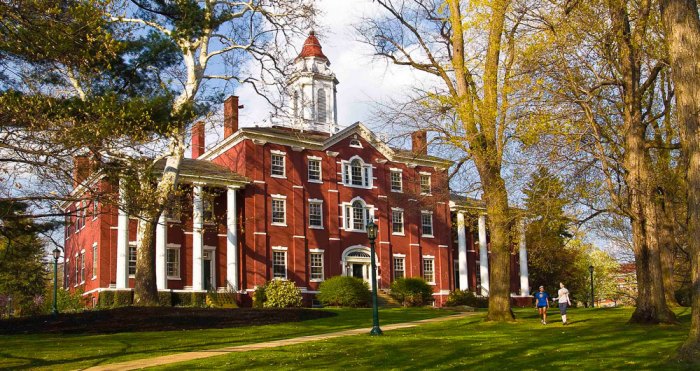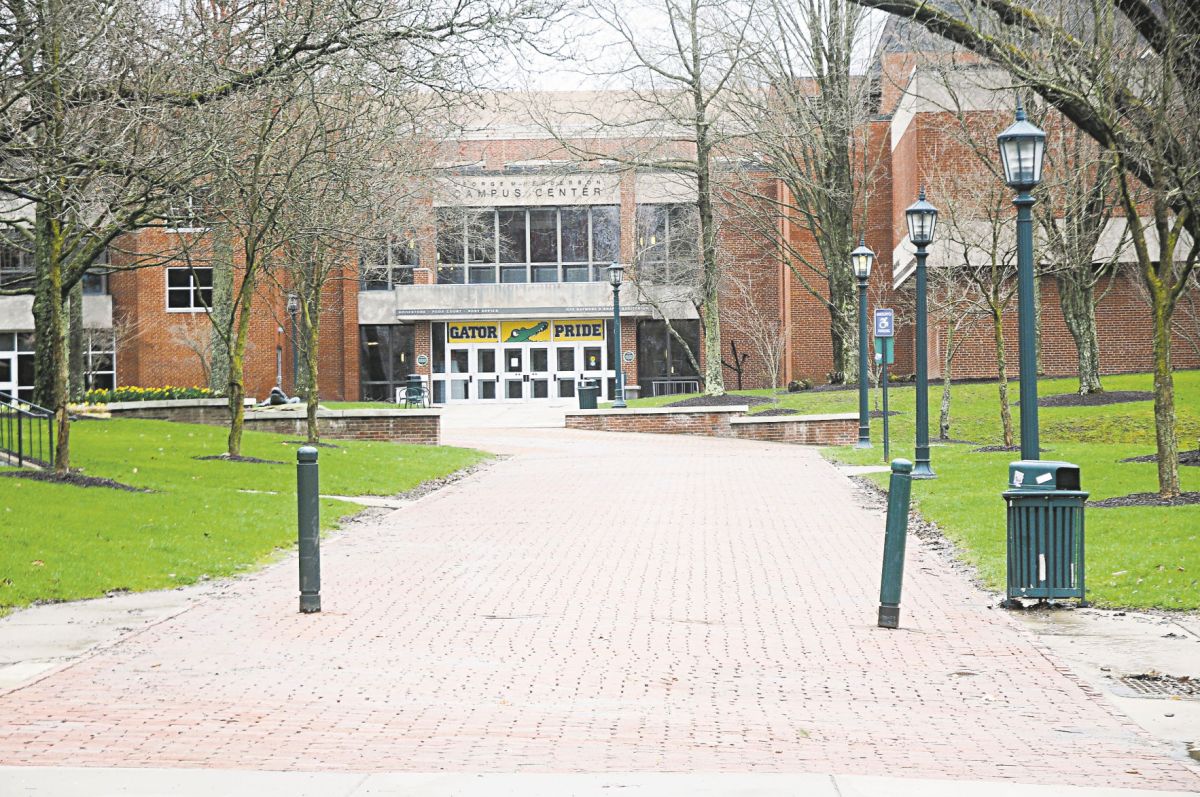Allegheny college v national chautauqua – Allegheny College v. National Chautauqua, a pivotal legal battle between two esteemed institutions, shaped the landscape of higher education and cultural discourse in the United States. This case, which unfolded in the early 20th century, left a lasting legacy that continues to resonate today.
The dispute stemmed from a complex web of historical connections, legal arguments, and cultural influences. As the case progressed, it ignited debates about academic freedom, institutional autonomy, and the role of education in American society.
Allegheny College v. National Chautauqua: Legal Proceedings

The legal battle between Allegheny College and National Chautauqua unfolded over several years, involving a series of court hearings and rulings.
Timeline of Legal Proceedings
- 1892: Allegheny College files a lawsuit against National Chautauqua, alleging breach of contract.
- 1893: The court rules in favor of National Chautauqua, dismissing Allegheny College’s claims.
- 1895: Allegheny College appeals the decision to the Pennsylvania Supreme Court.
- 1896: The Pennsylvania Supreme Court reverses the lower court’s ruling, finding that National Chautauqua had breached its contract with Allegheny College.
- 1897: National Chautauqua appeals the decision to the U.S. Supreme Court.
- 1898: The U.S. Supreme Court upholds the Pennsylvania Supreme Court’s ruling, affirming that National Chautauqua had breached its contract.
Legal Arguments
Allegheny College argued that National Chautauqua had violated the terms of their agreement by failing to provide adequate educational programming.
National Chautauqua countered that it had fulfilled its obligations under the contract and that Allegheny College’s expectations were unreasonable.
Significance of Court Rulings, Allegheny college v national chautauqua
The court’s rulings in Allegheny College v. National Chautauqua had a significant impact on the relationship between colleges and Chautauqua institutions.
The rulings clarified the legal obligations of Chautauqua institutions and established the importance of clear contractual agreements between colleges and Chautauqua organizations.
Historical Context

Allegheny College and National Chautauqua were both founded in the mid-19th century as part of the Chautauqua movement.
The Chautauqua movement aimed to provide educational and cultural opportunities to rural communities.
Relationship between Allegheny College and National Chautauqua
Allegheny College and National Chautauqua had a close relationship prior to the legal dispute.
Allegheny College provided academic programming for National Chautauqua’s summer assemblies.
Cultural and Educational Landscape
The Chautauqua movement played a significant role in the cultural and educational landscape of the United States in the late 19th and early 20th centuries.
Chautauqua assemblies offered a wide range of educational and cultural programming, including lectures, concerts, and religious services.
Impact on Education: Allegheny College V National Chautauqua

The legal battle between Allegheny College and National Chautauqua had a significant impact on higher education in the United States.
Academic Freedom and Institutional Autonomy
The case raised important questions about academic freedom and institutional autonomy.
The court’s rulings affirmed the right of colleges to determine their own academic programs and policies.
Educational Practices and Policies
The case also had an impact on educational practices and policies.
The rulings helped to clarify the legal responsibilities of colleges and universities in providing educational services.
Cultural Significance

The Allegheny College v. National Chautauqua case had a significant cultural impact on the United States.
Chautauqua Movement and Adult Education
The case helped to shape the development of the Chautauqua movement and adult education.
The rulings clarified the legal status of Chautauqua institutions and their role in providing educational opportunities.
American Intellectual and Cultural Discourse
The case also influenced American intellectual and cultural discourse.
The legal arguments and court rulings reflected the changing attitudes towards education and the role of institutions in American society.
Detailed FAQs
What was the central legal issue in Allegheny College v. National Chautauqua?
The case centered on the question of whether National Chautauqua had breached its contractual obligations to Allegheny College by establishing a competing educational institution.
How did the court’s ruling impact academic freedom?
The ruling reaffirmed the principle of academic freedom, recognizing the right of institutions to determine their own educational programs without undue interference from external entities.
What was the cultural significance of the case?
The case highlighted the importance of adult education and the role of cultural institutions in fostering intellectual growth and community engagement.